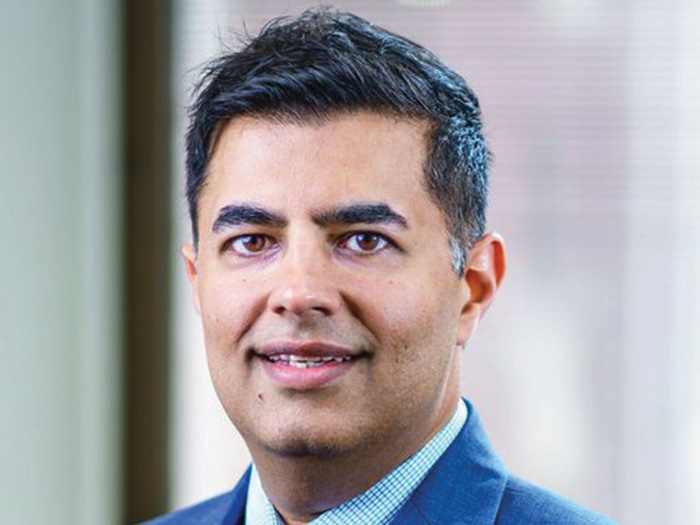Perspective | Think ‘Health Care for All’ Is a Good Idea? A Look at the NHS May Quell Those Aspirations
The British National Health Service (NHS) was established in 1948. A visionary concept — free health care for all, paid out of general taxation — became one of the defining hallmarks of modern Britain.
The NHS provides the great majority of health care services, including primary care, in-patient care, long-term health care, ophthalmology and dentistry. It is the only permitted provider of Accident & Emergency (i.e., ER) and intensive care services.
The NHS worked for a while but is now almost entirely unfit for its purpose.
How bad is it?
Public health spending on Britain’s NHS is lower per capita than that of the U.S., Germany, France, Japan or Canada. Yes, lower than the U.S.
The pandemic made things worse. So did Brexit. Successive governments of every stripe have made things worse.
Some 6.8 million people are on the waiting list for non-urgent surgery, and almost a million have waited longer than a year. Just 58% of ER patients are seen in under four hours. One recent accident victim waited 40 hours to see a doctor.
This is not a new phenomenon: I waited for 11 hours in an A&E as long ago as 1988.
To be fair, pockets of the NHS do work. My rural brother recently needed a simple operation and was given a date only six weeks away.
The few who can afford private health care may buy it, although difficulties are placed in their way: Their NHS doctor must OK it in advance. Private dentistry, eye and skin care, and physical therapy are the only way the majority can access such services.
Why is the NHS in such dire straits?
Management: Organizing 1.5 million employees requires the greatest managers or five-star generals. The NHS is run by lesser humans who, being civil servants, cannot be fired, regardless of their performance.
Leadership: In the 48 years since 1974, 31 different health ministers have been in charge.
Monopoly: The NHS consists of four monopolies, one for each constituent element of the U.K. In no other British industry may one organization serve half the market, let alone 92%.
Motivation: No matter how great your medical skills, you earn scale. Excellence earns no extra pay.
Bureaucracy: Professionally qualified clinical staff make up 52.6% of the NHS payroll. Most of the rest are office people.
First, do nothing: Most doctors work a three-day week. Their union blames high taxation on pensions. In the past three years, 40,000 nurses left the NHS, most citing low pay, stress and the need for a better work-life balance.
Withdrawal of labor: NHS junior doctors and nurses intend to strike over pay this winter. Britain requires few of its essential workers to work. Despite all this, the overworked and underpaid medical staff are actually the heroes.
Low expectations: By 2025, the NHS will consume 44% of U.K. government spending. The government has made a promise that, by then, no one will wait longer than two weeks to see a doctor. Two weeks!
There is a desire in some quarters for the introduction of socialized medicine in the U.S. Don’t do it. &










